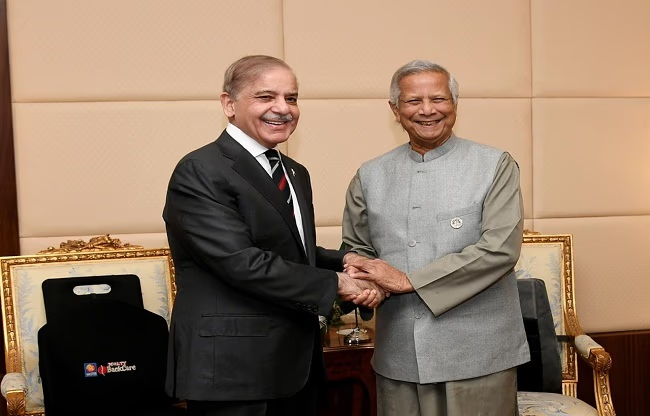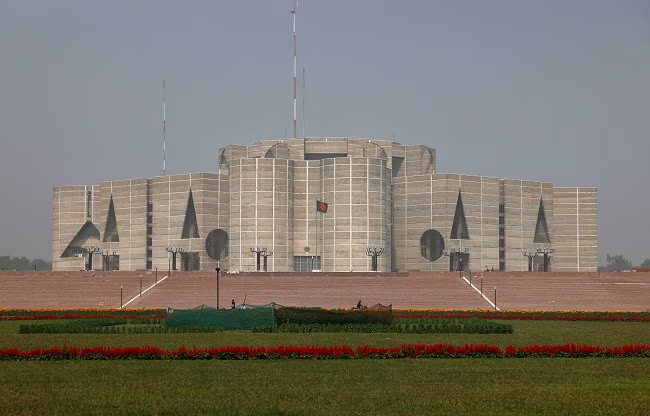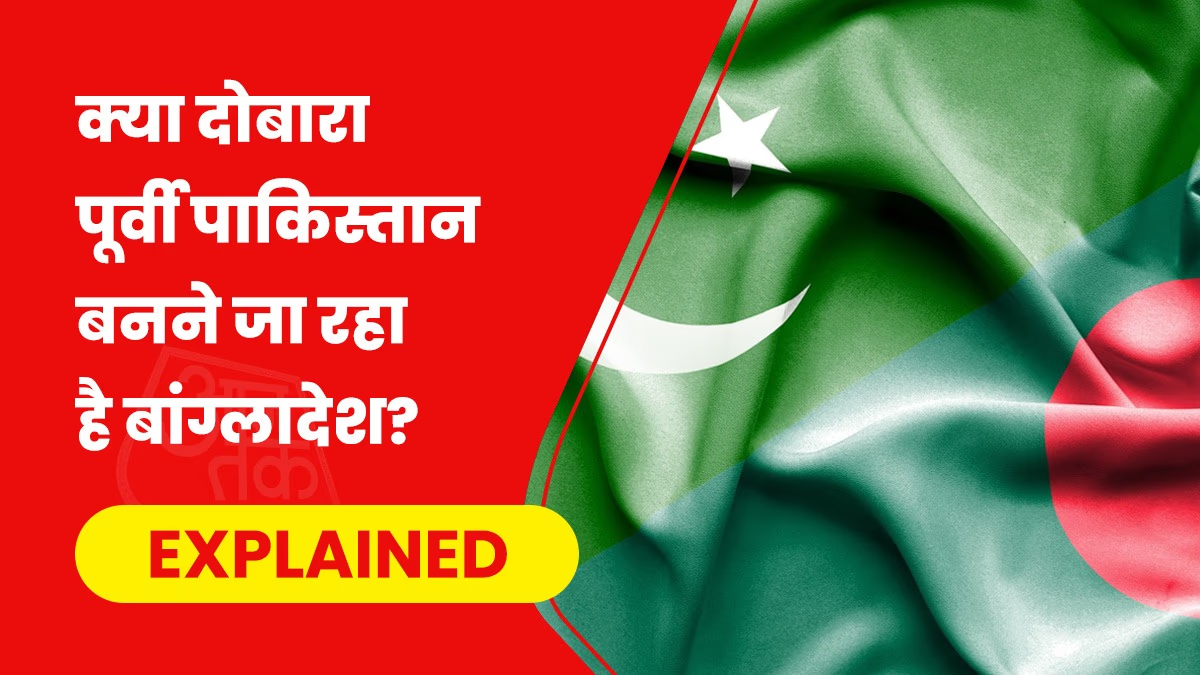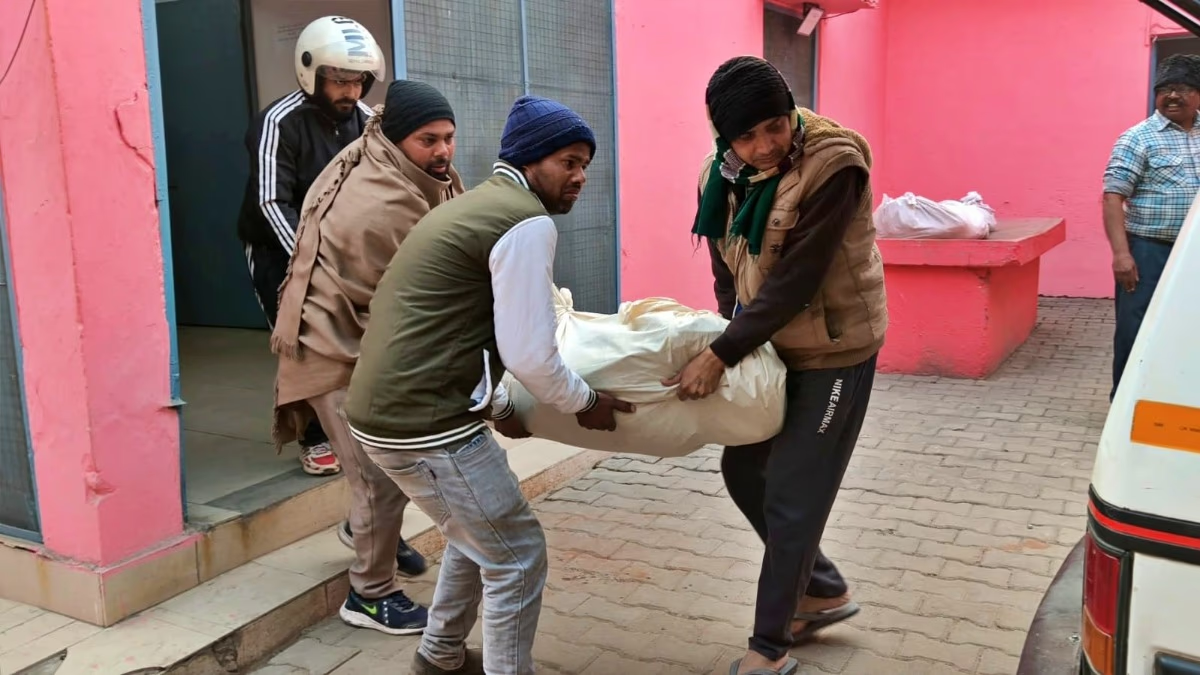At the beginning of August, following the departure of Sheikh Hasina, an interim government took charge in Bangladesh, led by Mohammad Yunus. His foreign policy approach marks a stark departure from Dhaka's historical stance. On one hand, there's an escalation of tension with India, while on the other, longstanding diplomatic friction with Pakistan is being reconciled. Key issues previously aligned with New Delhi are now refocusing towards Islamabad. Is the tension with India the sole catalyst, or is there more beneath the surface?
How Anti-India Sentiments Grew
In 1971, Eastern Pakistan declared independence from Pakistan, citing discrimination, leading to a fierce war with India's support for Bangladesh's freedom. Ever since, Dhaka's ties with India were strong, while relations with Pakistan remained severed. However, changes emerged this year. Opposition parties in Bangladesh accused Sheikh Hasina of electoral manipulation with Indian aid, sparking calls for boycotting Indian goods, escalating into protests, and culminating in a regime change.
Now, the interim government led by Mohammad Yunus affiliates with parties known for their radical views and staunch anti-India stance. Since August, reports of violence against Hindus emerged, signaling a growing division with India. Simultaneously, Dhaka's longstanding rivalry with Islamabad appears to be resolving.

Source: aajtak
Indications of Converging Rivals
In February 2025, the 'Aman-2025' naval drills are slated at Karachi Port involving the Pakistani Navy and Bangladesh. Under Hasina's reign, any military engagement with Pakistan was prohibited.
Trade relations also continue to strengthen. Recently, Pakistani cargo docked at Chittagong Port, signaling a surge in maritime commerce. According to a report by The Diplomat, Pakistani leader Sharif emphasized the historical and cultural ties between the countries, promising enhanced business relations in the coming days.
Beyond bilateral advancements, both nations are pushing to revive the South Asian Association for Regional Cooperation (SAARC), which last convened in 2014 in Nepal. A planned 2022 summit in Islamabad was thwarted by widespread boycotting post the Uri terror attack, including an Indian prime minister-led abstention. A Bangladesh-Pakistan joint revival could concern India, currently the dominant leader in South Asia, ideally positioned for leadership within such forums.

Source: aajtak
Pakistan-Linked Party Influence on Leadership
Bangladesh's sudden rapport with Pakistan reflects its internal political dynamics, notably the influence of Jamaat-e-Islami on the interim government. Banned from elections, this extremist party regained favor as Yunus lifted restrictions, known for its Pakistan alliances and infamous connections from Hamas to other militant factions. Thus, factors fostering Bangladesh-Pakistan camaraderie seem prevalent.
The interim government appears intent on converting its temporary status into permanence. Completing 100 days in office, interim leader Yunus released a video omitting any mention of upcoming elections. Convention mandates elections within three months, yet India's antagonism serves as a consolidating narrative. Additionally, there's mounting demand for Sheikh Hasina's extradition.
Persistent Resistance Against Pakistan
Hasina's Awami League staunchly opposed improving relations with Pakistan. However, following the coup, most leaders, including Hasina, are either vanished or detained, casting doubt on any formidable resistance. Families of millions who perished in the 1971 Liberation War reside in Dhaka, along with numerous organizations aiding victims of Pakistani aggression. They remain vehemently opposed to Pakistan, particularly given the absence of an official apology for wartime atrocities. Yet, in current times, open dissent appears unlikely.




